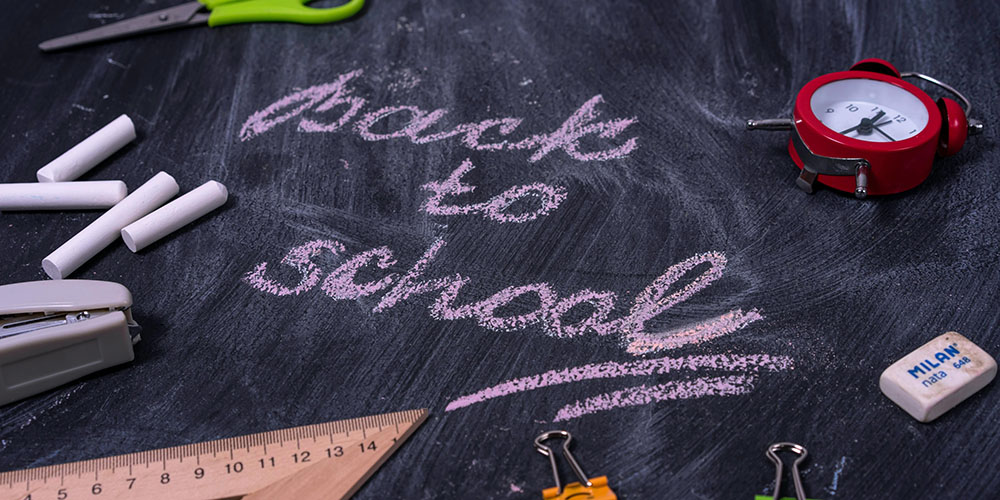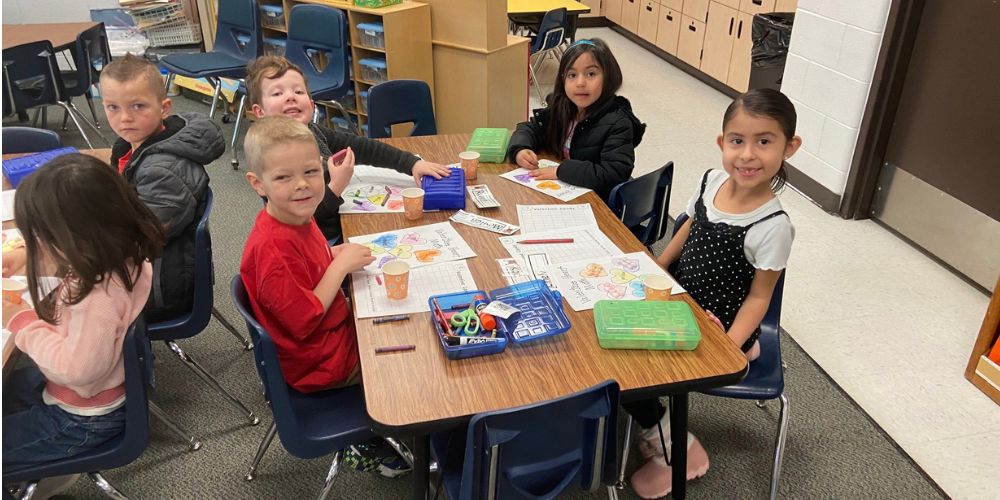Psych Tip of the Week – Developing Healthy Friendships
Developing Healthy Friendships
Almost everyone is looking for connection and understanding. Friendships often form because of similar interests, being in the same place (school, class, club, sport, etc) or having parents that are friends or family. As kids get older, they might find friends in new places like work or online.
In general, it is good for children to learn about relationships through trial and error.
As long as they aren’t in danger, friendships and closer relationships with peers should be time for them to learn to handle conflict and how they like to socialize. Do they like having a large group of friends or just a few close friends?

Parents should try to know who their child’s friends are to help them navigate problems with friends.
They should encourage quality experiences with friends, not just quantity. If a child tries to do too much, they can feel burnt out by friendships and other obligations. That could lead to them being without a source of support when they are struggling.
Parents can model good communication skills and boundaries at home can so kids use those same skills with friends.
Parents can also teach kids to evaluate their friendships to know if it is a good friendship or a toxic friendship.
The following questions could help in that evaluation:
- What do we have in common?
- Are those good to have in common?
- What are our differences?
- Are those differences too much different?
- Why do I want this person as my friend?
- Is this a genuine connection?
- Am I using them to get something?
- Are they using me to get something?
- Will this person support me?
- Do they help me make choices that are good for me in the long-term?
- Are they concerned for my wellbeing or having fun at my expense?
- Will this person respect my boundaries?
- Will they be ok with things I don’t want to do?
- Do they purposely make me feel uncomfortable?

July 9th, 2025





